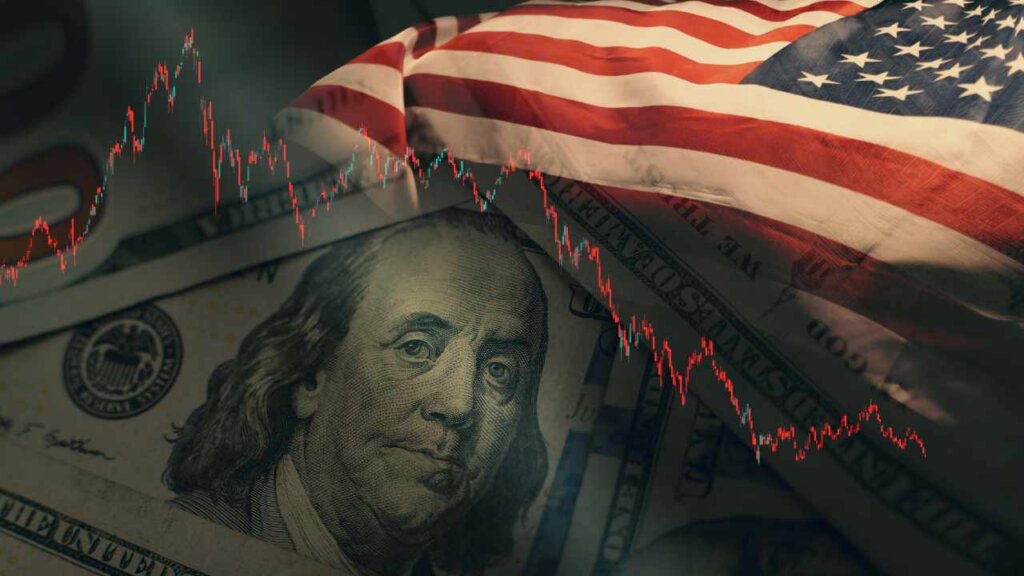Emerging Global Financial Realignments: Russian Official Highlights Declining Confidence in the US Dollar at BRICS Summit
Shifting Foundations of International Currency Trust
In recent statements delivered during the BRICS summit, a senior Russian government representative has issued a stark warning regarding the waning global reliance on the US dollar. According to this official, the once-unquestioned dominance of the dollar in international trade and finance is experiencing a significant erosion, driven by mounting debt levels, geopolitical sanctions, and a growing skepticism among nations.
The Underlying Causes of Dollar Disillusionment
The decline in trust towards the US dollar is attributed to several interconnected factors. First, the United States’ escalating national debt, which surpassed $33 trillion in 2023, has raised concerns about the long-term stability of the currency. Additionally, the imposition of economic sanctions on various countries has prompted many nations to seek alternatives to the dollar to insulate themselves from potential financial restrictions.
Furthermore, recent geopolitical tensions and trade disputes have intensified doubts about the dollar’s resilience as the world’s primary reserve currency. As a result, countries are increasingly exploring diversification strategies, including expanding their holdings of gold, cryptocurrencies, and regional currencies.
BRICS and the Push for a New Financial Paradigm
The BRICS alliance-comprising Brazil, Russia, India, China, and South Africa-has become a focal point for efforts to establish a multipolar financial system. During the summit, officials emphasized the importance of reducing dependence on the US dollar and fostering the use of local currencies in international transactions. This movement aims to create a more balanced and resilient global financial architecture, less susceptible to unilateral US policies.
Recent data indicates that the share of US dollar reserves held by central banks worldwide has declined from approximately 59% in 2020 to around 55% in 2023. Meanwhile, the adoption of alternative assets, such as the Chinese yuan and cryptocurrencies, has seen a notable uptick, reflecting a strategic shift among nations seeking to mitigate dollar-related risks.
The Broader Implications for Global Economics
The ongoing transition away from the dollar could have profound implications for global markets. A reduced reliance on the US currency might lead to increased volatility in foreign exchange rates and impact the US’s ability to finance its deficits affordably. Moreover, it could accelerate the development of regional payment systems and promote the use of digital currencies issued by central banks (CBDCs).
Historically, shifts in reserve currency dominance have coincided with periods of economic realignment. For example, during the decline of the British pound in the early 20th century, the US dollar gradually assumed the mantle as the world’s primary reserve currency, a status it has maintained for nearly a century. The current developments suggest we may be witnessing the beginning of a similar transition.
Future Outlook: A New Era of Global Finance?
As geopolitical and economic landscapes evolve, the push for a diversified and resilient financial system is gaining momentum. Countries like China and Russia are actively promoting alternative payment mechanisms and currency swaps to bypass US-controlled financial channels. The rise of cryptocurrencies and blockchain technology further complicates the traditional monetary system, offering new avenues for international trade and investment.
While the US dollar remains dominant for now, experts predict that its share in global reserves could continue to decline over the next decade. This shift could usher in a more multipolar financial environment, characterized by increased competition among currencies and innovative financial instruments.
Conclusion
The warnings issued by Russian officials at the BRICS summit underscore a pivotal moment in global finance. As trust in the US dollar diminishes amid mounting economic and geopolitical pressures, the international community is exploring new pathways toward a more diversified monetary landscape. The coming years will be critical in determining whether these efforts will culminate in a fundamental transformation of the world’s financial order or if the dollar will retain its supremacy through resilience and adaptation.

